PARCEM, a prominent local civil society organization calls for greater accountability and transparency in the management of foreign aid, following a significant $168 million development grant from the World Bank. The funds, announced earlier this week, are intended to support three major projects: the Jiji-Mulembwe dam, climate change adaptation and environmental protection, and electrification in the Bujumbura Rural Province.
In a statement issued Wednesday, Faustin Ndikumana, chairman of PARCEM, welcomed the World Bank’s initiative but emphasized the importance of proper management to ensure the funds generate lasting value for the country. “If properly utilized, these funds have the potential to generate foreign currency,” Ndikumana said. “However, if only 10-20% of the aid is used by the end of the year, it will result in a significant loss.”
Ndikumana urged the government to involve both national and international experts to ensure the effective use of the funds. He stressed the need to employ skilled and competent personnel to manage the development projects, suggesting that bringing in foreign economic experts might be necessary for their success. “Competent, qualified, and skilled personnel should be assigned to manage these projects, even if it means involving experts from abroad, to ensure that the projects are successfully executed and the funds are effectively utilized,” he added.
The World Bank’s $168 million grant is designed to support three key initiatives: the Climate Resilience of Hills Project in Burundi (PRCCB), which will focus on enhancing the productivity of fragile lands and building climate resilience in communities in targeted hills; the Accelerating Sustainable Energy Access Project in Burundi (ASCENT BURUNDI), aimed at extending energy services to populations outside Bujumbura; and the Jiji-Mulembwe hydropower project, which will increase the supply of clean and affordable electricity.
Ndikumana also called for the revival of the World Bank’s evaluation program, known as the “Execution Unit for Integrated Agricultural Projects” (CEPIA). He argued that the program’s revival would help the government improve its performance and increase its chances of securing further funding and loans to implement its long-term development vision for 2040-2060.
The agreements were signed on Monday by Ms. Hawa Cissé Wagué, the World Bank’s representative in Burundi, and Nestor Ntahontuye, Burundi’s Finance Minister. The three projects are expected to be completed by 2026, with a focus on energy and environmental sustainability. The World Bank has also committed to helping extend electricity access to remote areas, impacting 95 hills around Bujumbura.

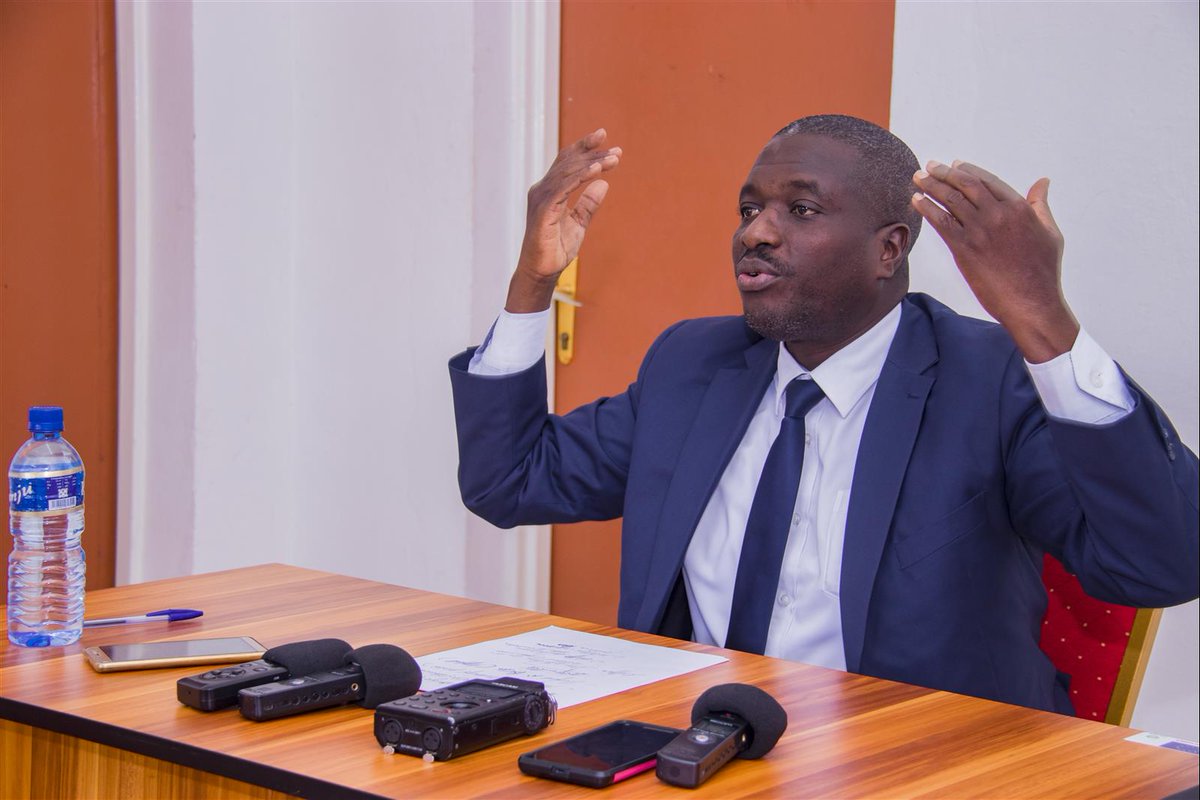
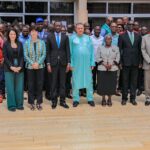

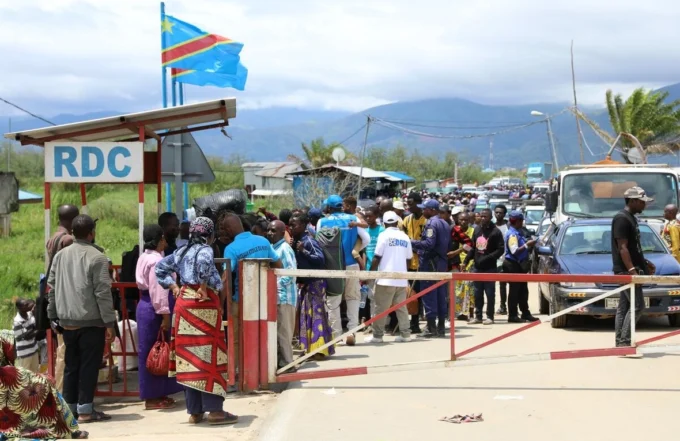
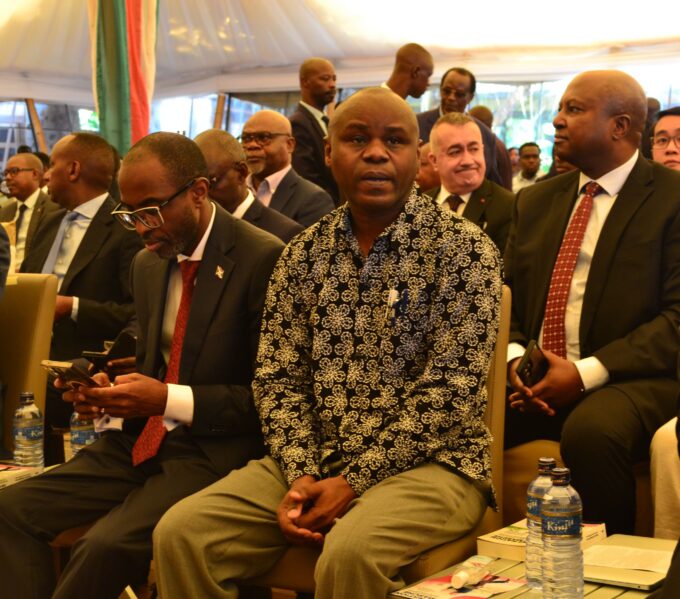
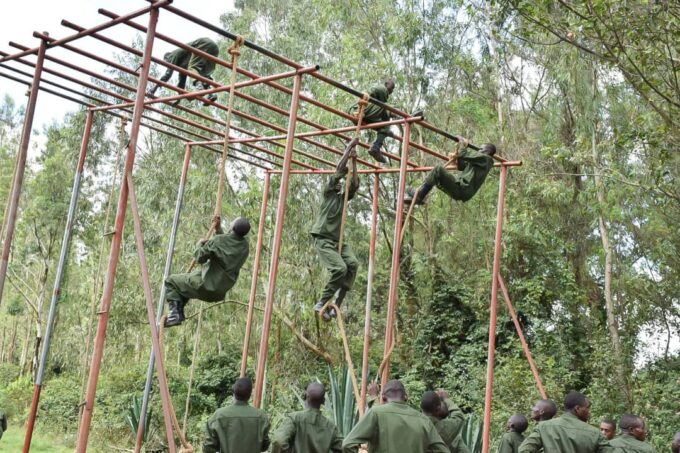
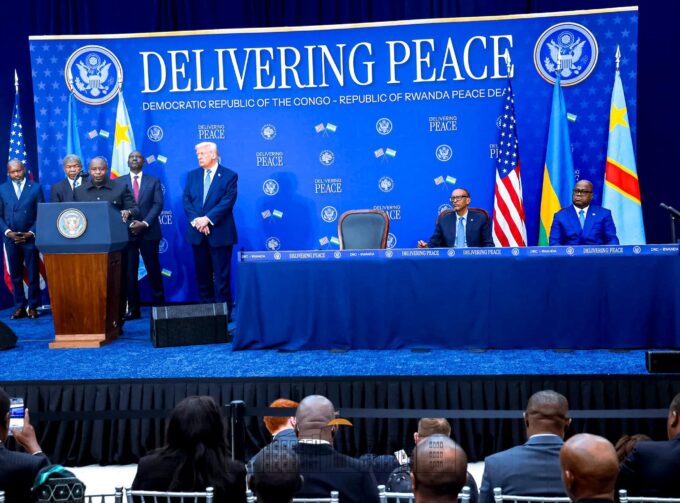
Leave a comment